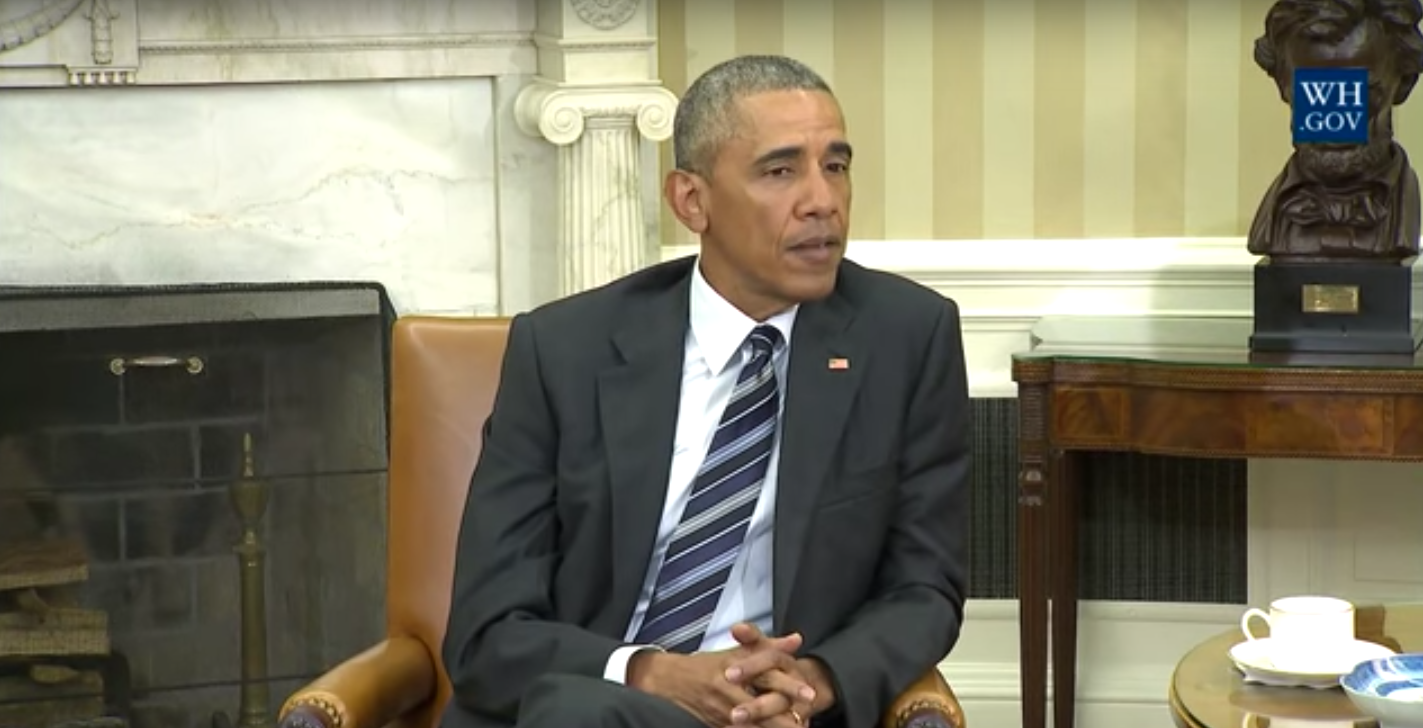People Are Unhappy With This Former Terrorist's New High Profile Job in America

By:
A major university in Washington, D.C. has a controversial new counterterrorism researcher: a former religious extremist.
George Washington University's Center for Cyber and Homeland Security hired Jesse Morton, a former al-Qaeda recruiter who served nearly three years in prison for threats he made against the creators of "South Park," according to CNN. The popular cartoon featured the Prophet Muhammad wearing a bear suit.
Morton was initially sentenced to 11 years in prison in 2012. He pleaded guilty to conspiring to solicit murder, making threatening communications, and using the internet to "put others in fear," according to an FBI press release.
However, Morton told CNN that he realized the flaws in his ideology through reading western philosophy in prison, and he then started working with the FBI. "This is an opportunity for me to make amends, to some degree," he said to CNN. "I realize that I was completely wrong in my perspectives."
People are angry about the university's decision to hire the former al-Qaeda member.
However, Morton's experience as a terrorist recruiter is exactly why the university hired him.
"We haven't figured out how to reach that individual who's going down the path of radicalization," Seamus Hughes, deputy director of the Program on Extremism at George Washington University's Center for Cyber & Homeland Security, told CNN. "Jesse has been in that world and got out of that world."
 YouTube/David Pakman Show
YouTube/David Pakman Show
Morton, who was known as Younus Abdullah Muhammad at the time, was a leader of the al-Qaeda recruitment site revolutionmuslim.com, which authorities said inspired terror acts.
“Jesse Morton operated Revolution Muslim to radicalize those who saw and heard his materials online and to incite them to engage in violence against those they believed to be enemies of Islam,” said U.S. Attorney Neil H. MacBride in 2012, according to a FBI press release. “We may never know all of those who were inspired to engage in terrorism because of Revolution Muslim, but the string of recent terrorism cases with ties to Morton’s organization demonstrates the threat it posed to our national security."
The internet has become a strong tool for radicalization.
 Flickr/Tim Pierce - flic.kr
Flickr/Tim Pierce - flic.kr
Religious extremist groups have been using social media and websites to find new recruits for years, according to CBS News.
In 2013, members of the terror group al-Shabab tweeted their ideology, while killing 67 people in a mall in Nairobi, Kenya.
"The person who runs their Twitter account has obviously invested a lot of energy in the process of grabbing headlines, and for [al] Shabab, the account allows them to amplify the message that they wish to send with the attack itself," said terrorism analyst J.M. Berger, according to CBS News.
Last year federal and local officers shot and killed Usaamah Rahim in an altercation in Boston. He was reportedly planning to behead conservative blogger Pamela Geller and, along with other extremists, attack police, according to CNN. At the time of his death, Rahim was being investigated because of communications with the Islamic State online, and because he was spreading the group's propaganda on social media, according to CNN.
Also last year, the New York Times reported that an unnamed 23-year-old Sunday school teacher and baby-sitter was radicalized by Islamic State recruiters on social media. The Muslims she met on the internet were the only ones she ever knew.
“I felt like I was betraying God and Christianity,” said the woman to the New York Times. “But I also felt excited because I had made a lot of new friends.”
 Omar Mateen/Twitter - twitter.com
Omar Mateen/Twitter - twitter.com
Omar Mateen, the Pulse Nightclub shooter, killed 49 people this past June, after finding inspiration on the internet from Islamic extremist groups, according to The Guardian. He was not directly instructed by any particular group.
 The White House - whitehouse.gov
The White House - whitehouse.gov
President Barack Obama talked about the dangers of recruitment information in the aftermath of the Orlando tragedy.
“If we have self-radicalized individuals in this country, then they are going to be very difficult to find ahead of time, and, how easy it is for them to find weapons is, in some cases, going to make a difference as to whether they are going to be able to carry out attacks like this," President Barack Obama said, according to the Guardian.
